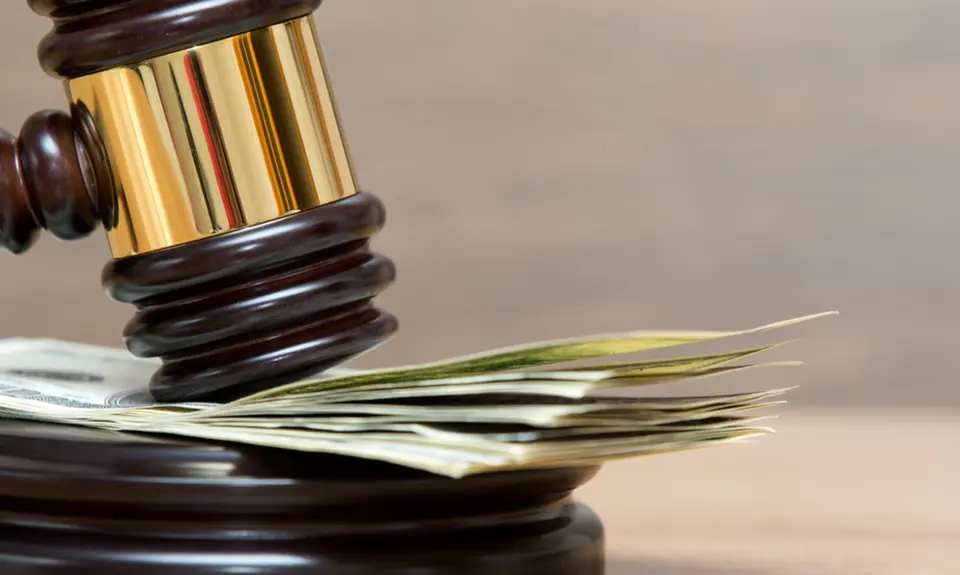Judge Gustavo Gelpi, nominated by President Biden to the First Circuit, issued a unanimous decision, joined by Biden nominee Lara Montecalvo, that vacated a conviction for possession of a machinegun. The court explained that the district judge had improperly failed to require the government to prove that the person convicted knew that the gun was a machinegun, even though the result was an additional 30-year penalty. The court issued its ruling in US v Perez-Greaux in September 2023.
What happened in this case?
Puerto Rico police arrested Luis Perez-Greaux for illegal drug possession and distribution and for possession of a firearm, for which he did not have a license. The weapon was a Glock semiautomatic pistol. At trial, prosecutors charged Perez-Greauz with possession of a machinegun in furtherance of drug crimes. This was based largely on the testimony of an expert who later examined the gun and explained that it had been modified so it could function automatically and thus met the definition of a machinegun.
Under federal law, possession of a machinegun to help carry out drug crimes carries an additional 30-year mandatory minimum sentence compared with possession of another weapon. Perez-Greaux denied that he knew the firearm had been converted to a machinegun, and asked for a jury instruction that the prosecution must prove that he knew the weapon was a machinegun. The judge refused, and the jury convicted Perez-Greaux on all charges. He then appealed to the First Circuit.
How did Judges Gelpi and Montecalvo and the First Circuit Rule and Why is it Important?
The First Circuit panel vacated the lower court machinegun conviction and sent the case back to the district court. Judge Gelpi wrote the unanimous opinion that was joined by Judge Montecalvo.
Judge Gelpi’s 66-page opinion focused primarily on whether the prosecution had to prove that Perez-Greaux knew that the firearm he possessed was a machinegun. The First Circuit had not previously decided that precise issue. The opinion carefully reviewed the text of the law, Supreme Court precedent, and relevant circuit court decisions.
Judge Gelpi concluded, in accord with ‘basic principles of federal criminal law,” that such proof is required. The government must prove that a person “consciously chose between two distinct types of firearms,” he explained, before it can “trigger an additional thirty years” in prison. Even though two other circuit courts had reached the opposite conclusion, Gelpi went on, those rulings were based on unique aspects of those courts’ precedents, while this ruling “accords” with previous First Circuit precedent. This included one case in which the court suggested that “knowing possession of a machinegun is an element” of a similar offense “that must be proven to a jury.”
Judge Gelpi’s unanimous decision will not prevent Perez-Greaux from serving significant prison time for his crimes. It will ensure, however, that at least in the First Circuit (including Maine, Massachusetts, New Hampshire, Puerto Rico, and Rhode Island), no one can be sent to prison for an additional 30-year penalty without proof that they knew the weapon they possessed was a machinegun. As Judge Gelpi noted in a quote from the Supreme Court, this vindicates a “universal and persistent” principle of criminal law concerning proof of knowledge and intent. The ruling also serves as another reminder of the importance of promptly confirming fair-minded Biden nominees like Judges Gelpi and Montecalvo to our federal courts.
